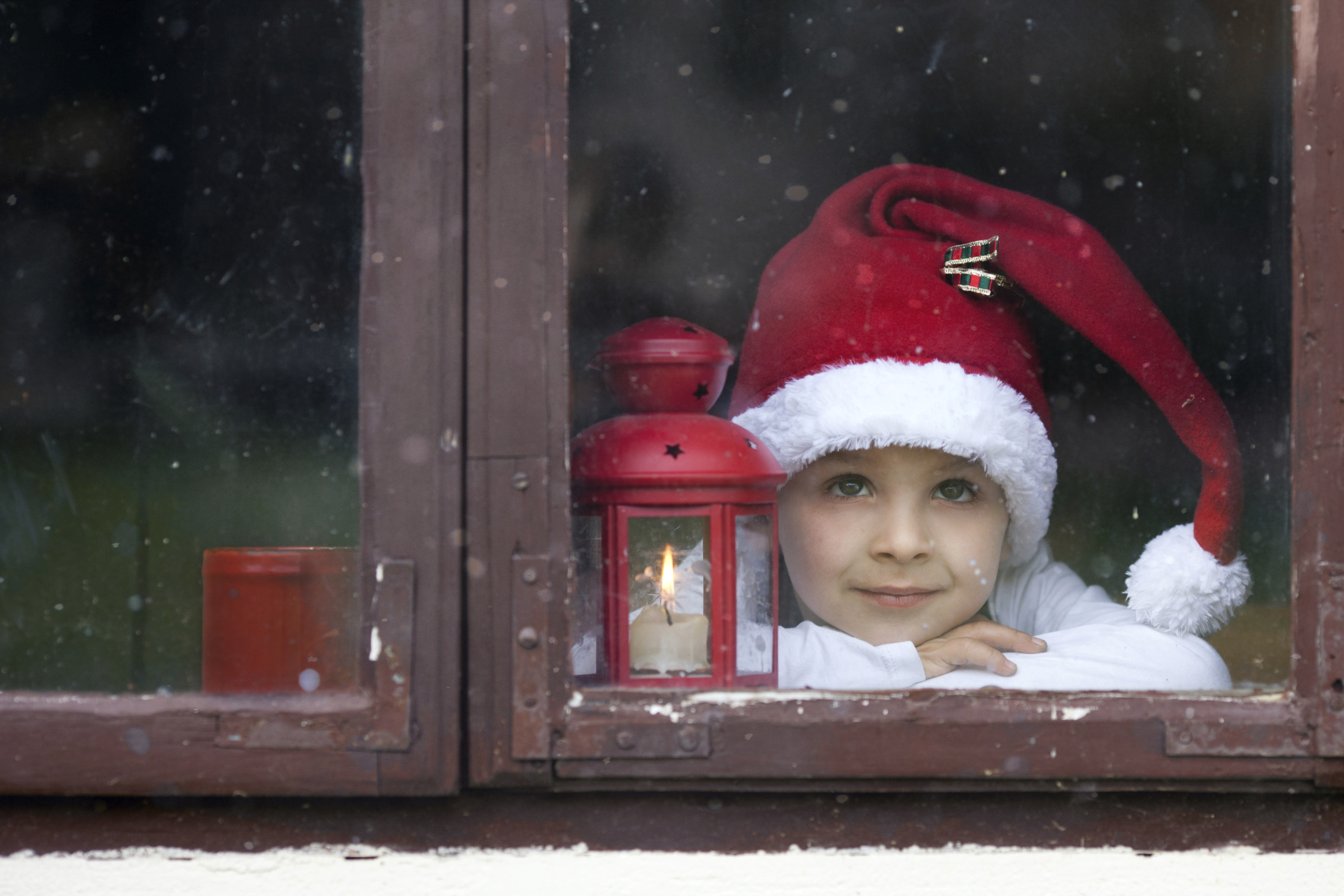
My husband died when my children were in preschool. He was sick for twelve hours with an illness the ER doctors misdiagnosed, and he died on our bedroom floor two days before Christmas. Overnight, my children lost their dad and I became a 31-year-old widow.
These are the facts. There’s no gentle way to say them, but then these things didn’t happen to us very gently. He was healthy and then he wasn’t; he was here and then he wasn’t. It was sudden and horrible and heartbreaking and awful and ours, all in one fell swoop.
People don’t want to talk to children about sad things because they don’t want children to know too soon that life can be hard and very sad. But my children were faced with the truth of that reality, and I needed to give them words to hold their stories. In those earliest, hardest months of being a widowed single mom, I found comfort in the idea that I’m doing the right thing by looking this in the eye, by talking to my children about the canyon that could have swallowed us whole, that I was not preempting their questions and mine, that I was not hiding behind a mask of any kind—lipstick or otherwise.
I didn’t show them everything. Because they shouldn’t have to see it all. But there was nothing I was afraid of, no question they could ask that I wouldn’t be willing to wade into. And they could mention their dad’s name as easily as anyone else’s. Because he has always been as real to us as anyone else is.
These are the things I know about talking to your children about grief.
Playing is Processing.
When my children were especially small, their feelings came out in their play. My son lined up his matchbox cars on the kitchen floor, pairing them off as little married matchbox-car-couples, except for one little red car who parked alone “because her husband died.” Playing is processing, and sometimes it’s the healthiest way.
Conversations happen when kids want them to, not necessarily when you want it to.
I found us talking about very real topics over PopTarts or bath water or blueberries that missed the trash can. Be ready to talk, and know that most conversations happen in the fleeting moments you wouldn’t have chosen. Let them process when they want and how they want.
You don’t have to know the answers.
Don’t hide information about the death of someone you love. Children pick up on information, and they imagine a reality that’s worse than the truth. Provide accurate and age-appropriate information to help them process the loss and build trust with you. There is an unspeakable trust and intimacy between my children and me because I’ve never made up answers. I have been honest when I don’t know the answers when the theology of loss is too much to wrap my mind around when my heart has hurt too much to make sense of any of this.
Remind them they are safe.
Reassure them you are here and don’t be afraid to talk through the plan in case the worst things happen. Children can lose their sense of security if they don’t have enough information, so have a plan in place. It helps everybody sleep better at night.
Show them how to grieve.
My boys are very comfortable with my tears; they’ve seen them often. By letting them see my sadness, they’ve learned theirs is safe too. By letting them see how someone grieves, they’ve become compassionate young men who are quick to listen to their friends’ feelings too.
Feel how you feel.
It’s always okay to feel however you’re feeling. When laughter shows up for the day, pull up a chair and invite her to stick around. Tell the rest of the world you’re taking a day off from sadness. And buy yourself an ice cream cone. It doesn’t bring back the person you’ve lost, but it brightens an afternoon. And that goes a really long way.
There is no timeline.
There isn’t even really a finish line. Grief only changes, becoming something you learn to live with—like a bleeding wound that heals into a tender scar. When children experience deep loss at a very young age, their grief changes as they grow; they learn more about death as they learn more about life. My boys and I still revisit the topics we’ve talked about many times because their cognitive awareness brings new questions. I think we’ll keep talking about this for all of their lives, in different ways.
Read more of Tricia’s story of love and loss on her blog.




